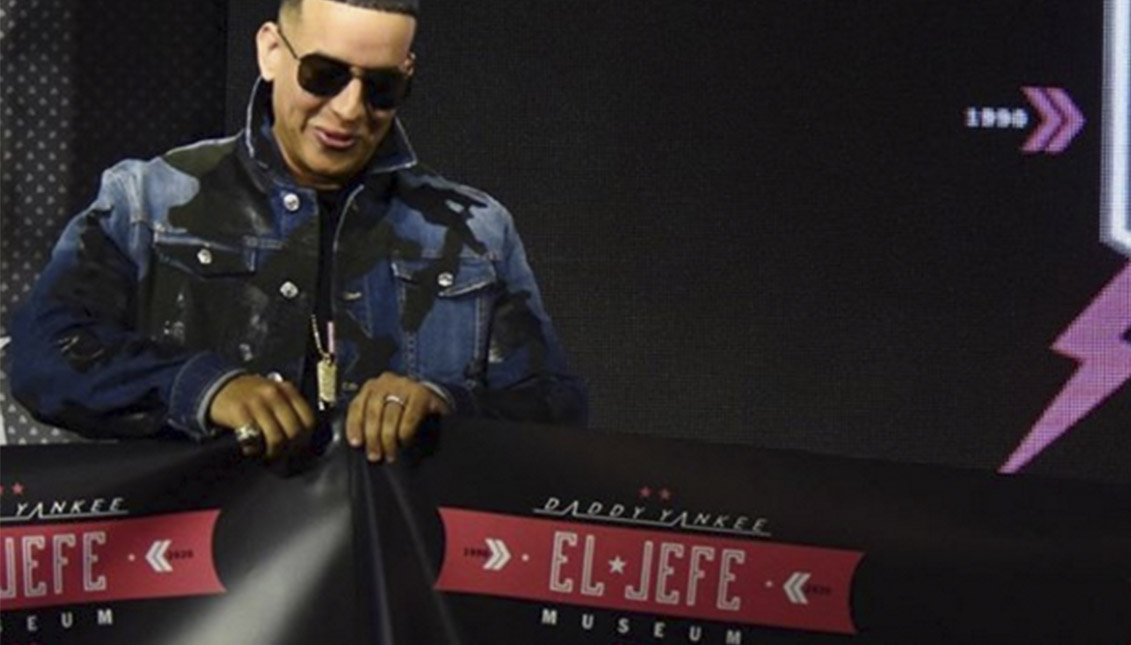
Daddy Yankee unveils his Reggaetón Museum in Puerto Rico
The island is recovering "slowly" from Hurricane Maria, and its museums are opening... but visiting the Museo del Jefe is free.
The beauty of culture is that it is so wide that everything has a place: you can, for example, study the progress of a country from its napkin rings, or visit a local toothpick museum. I love these kinds of places; it seems to me that a collection of wigs in a shop window says more about a city and its people than most travel guides and history books.
Having said that, Daddy Yankee, reggaetonero par excellence, is today opening a museum in Puerto Rico dedicated to the reggaetón music genre and one of its greatest artists (dare I say, almost creator): himself. A place where you will be able to visit the very long 15 years of perreo, completely free. The singer chose a name that would really express the strength and message of his songs: "El Jefe Museum".
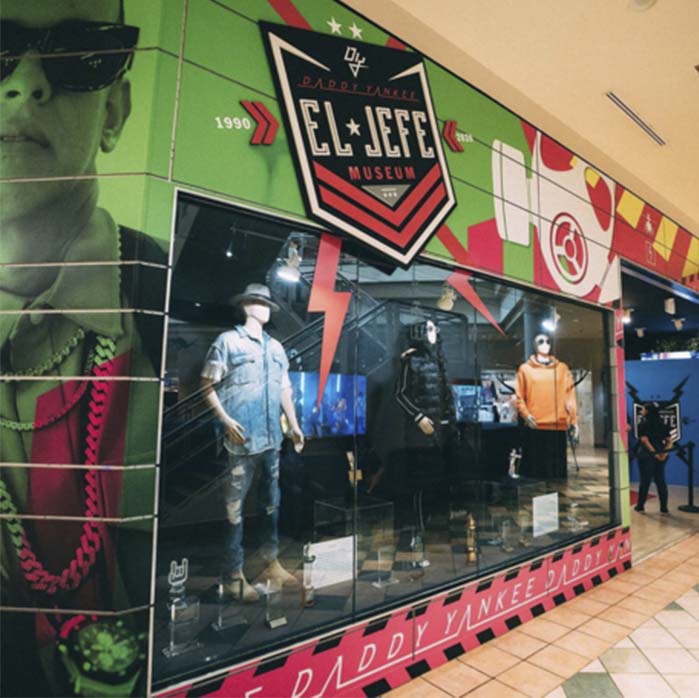
RELATED CONTENT
In more than 740 square meters of cultural history, tourists and locals will be able to enjoy historic feats and music whose origins can be traced back to Panama.
One of the stories related to the emergence of reggaetón as a term, though many say the name was born in Puerto Rico, is one day producer Michael Ellis listened to what the Panamanian singer "El General" was doing with his music, and defined it as "very big reggae." It would be in Puerto Rico where this reggae in Spanish, a mixture of rap with Caribbean rhythms, would be developed by Puerto Rican artists such as Daddy Yankee and Don Omar. But the lyrics of El General, now retired as a Jehovah's Witness, were rougher and with a similar base of drums.
Where will Daddy Yankee start to tell the story of the origin of reggaetón? Will he go back to Puerto Rico in 1992? Will he go a little further back to his own story? Or will he address the Jamaican and Panamanian roots of the genre?
If you have the chance to visit El Jefe Museum, let us know!



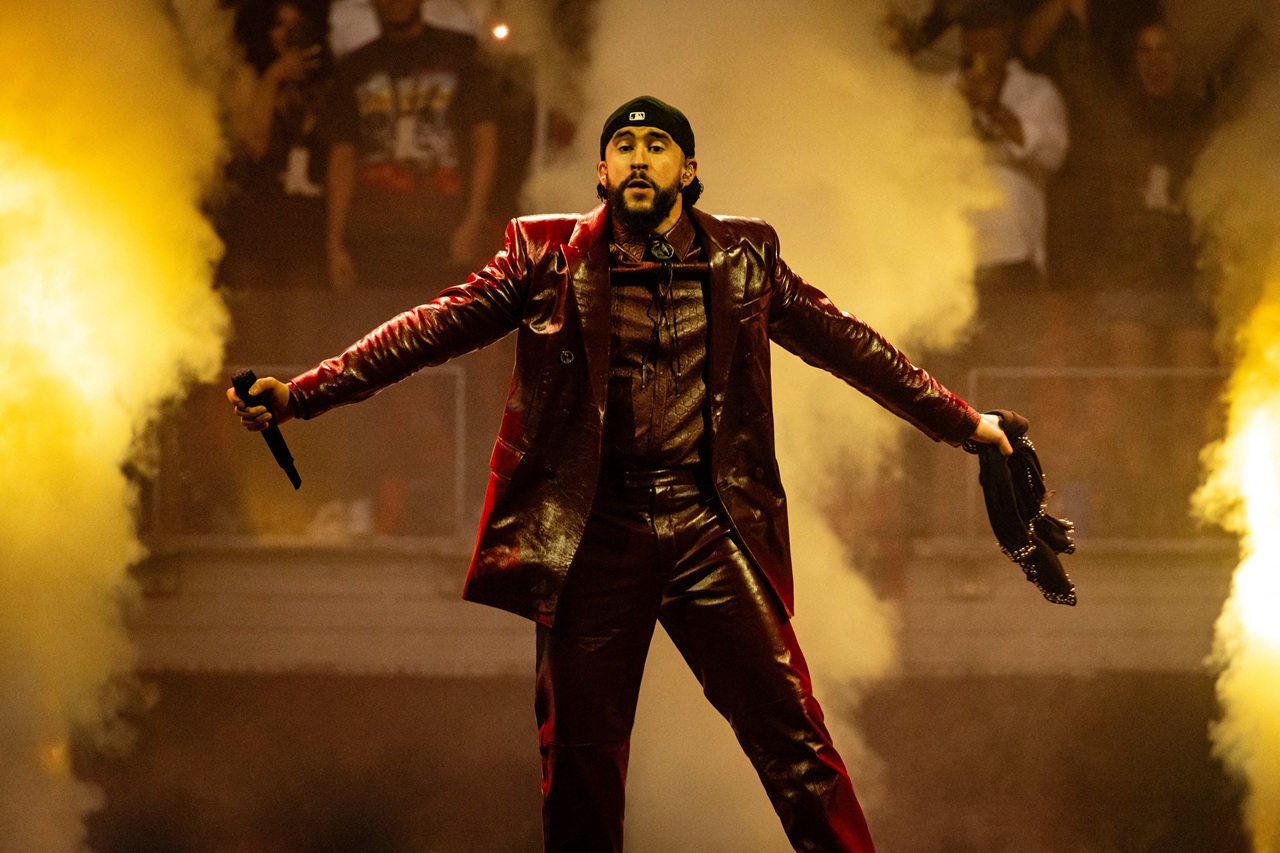
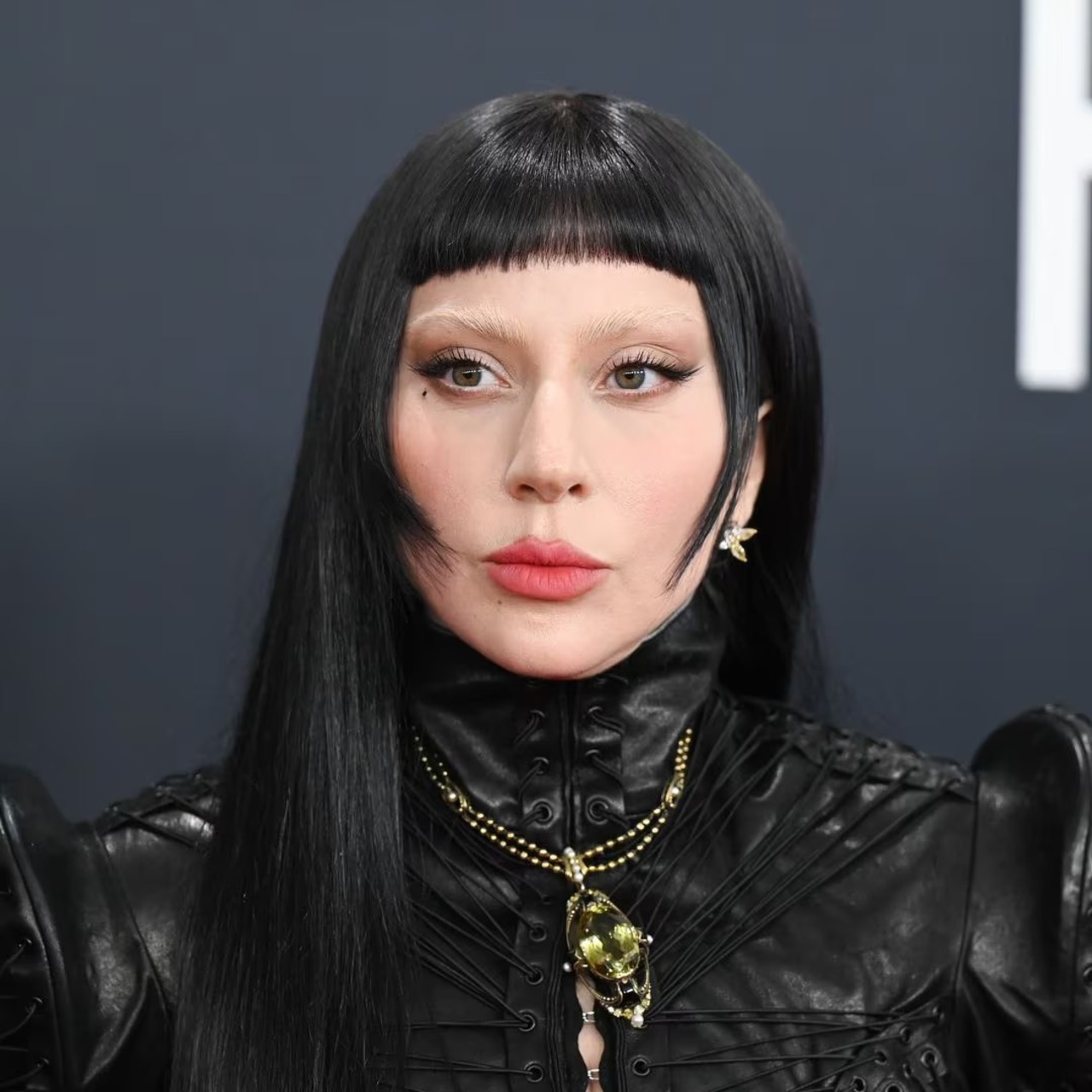
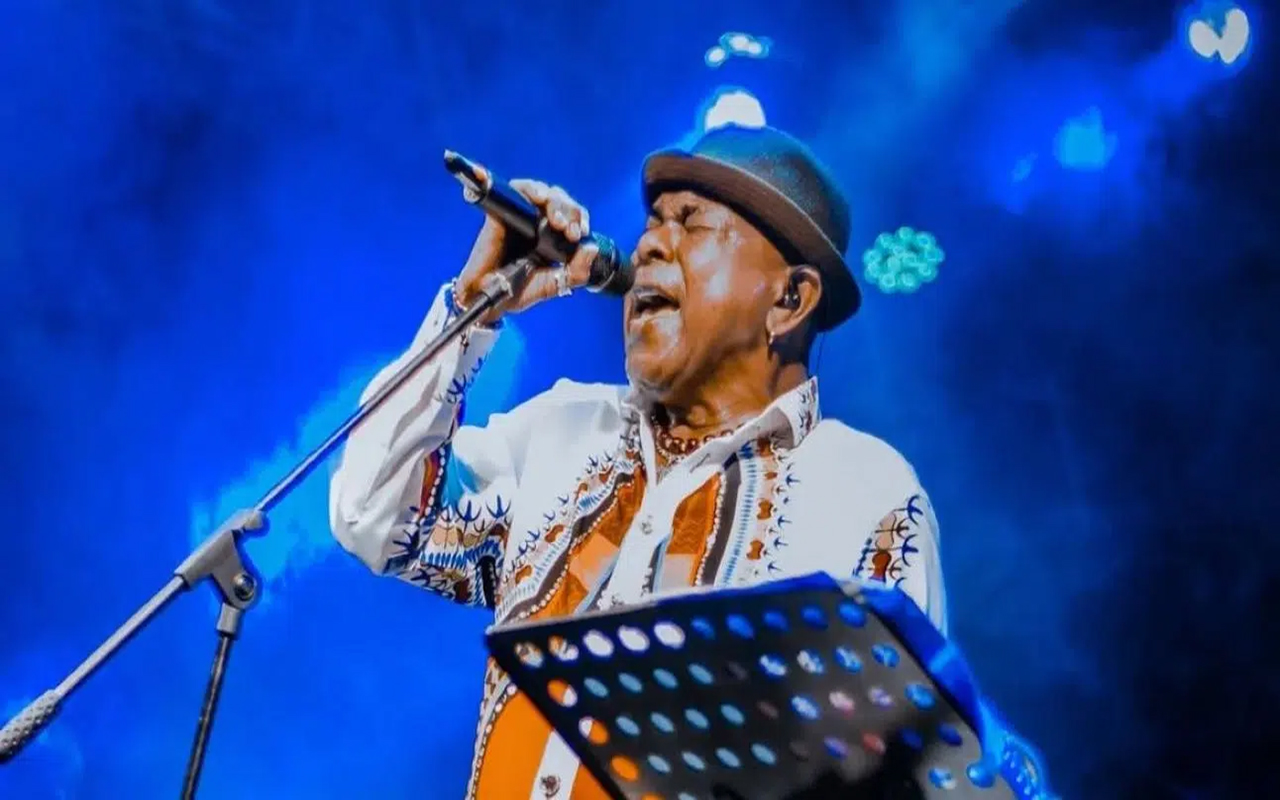
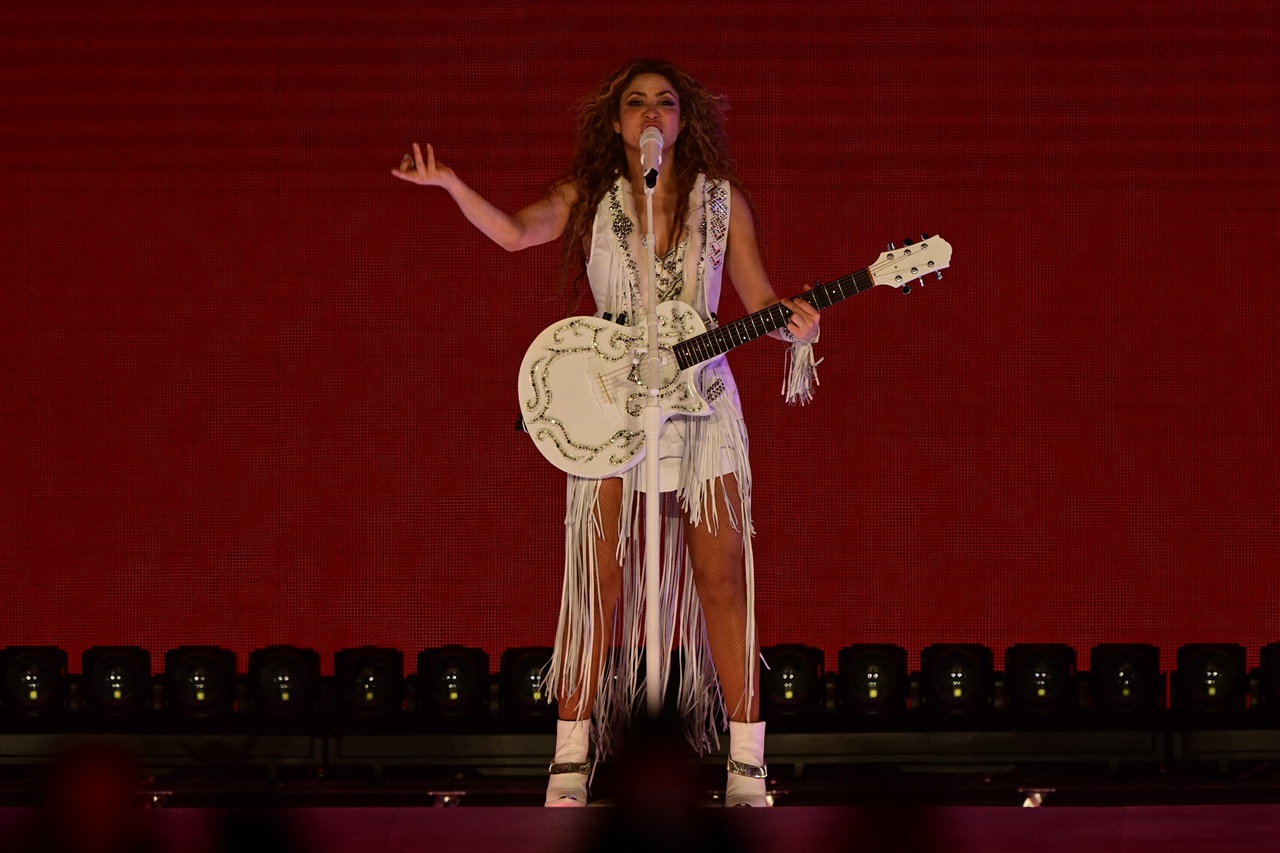
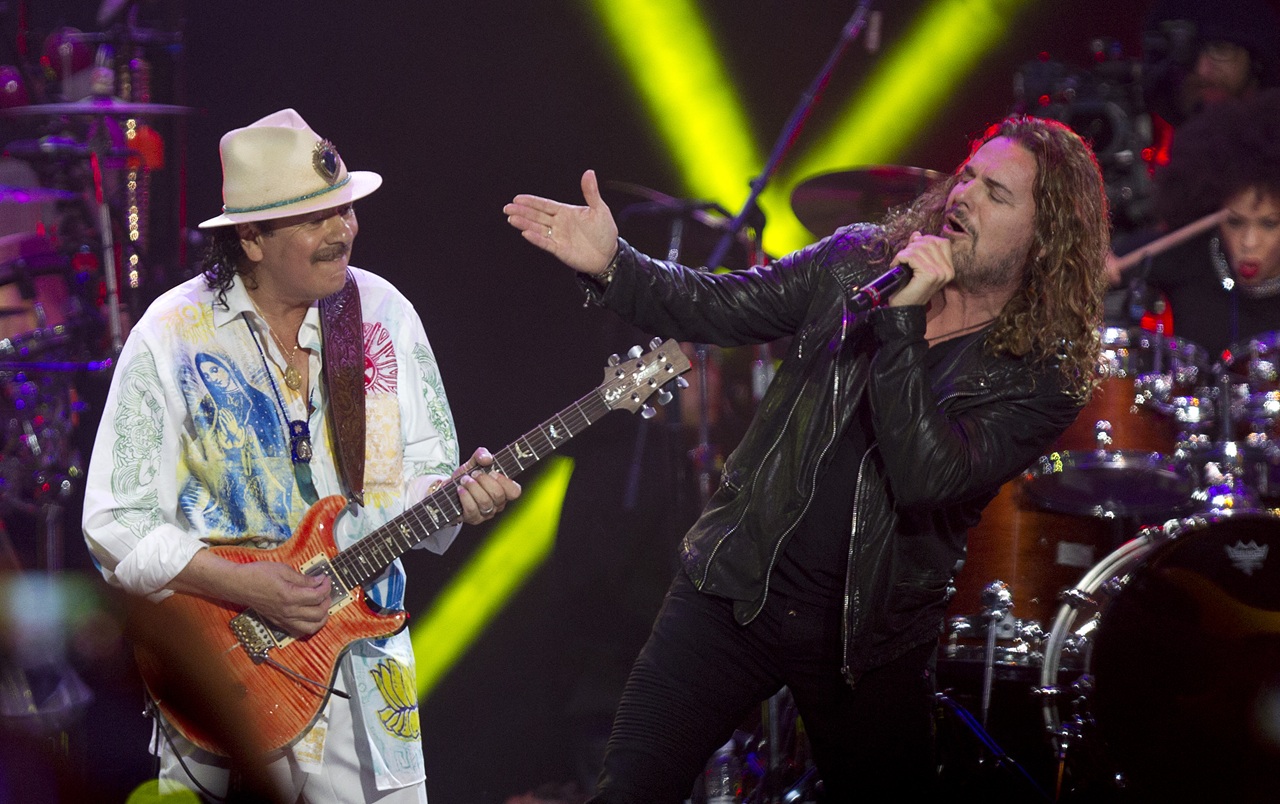

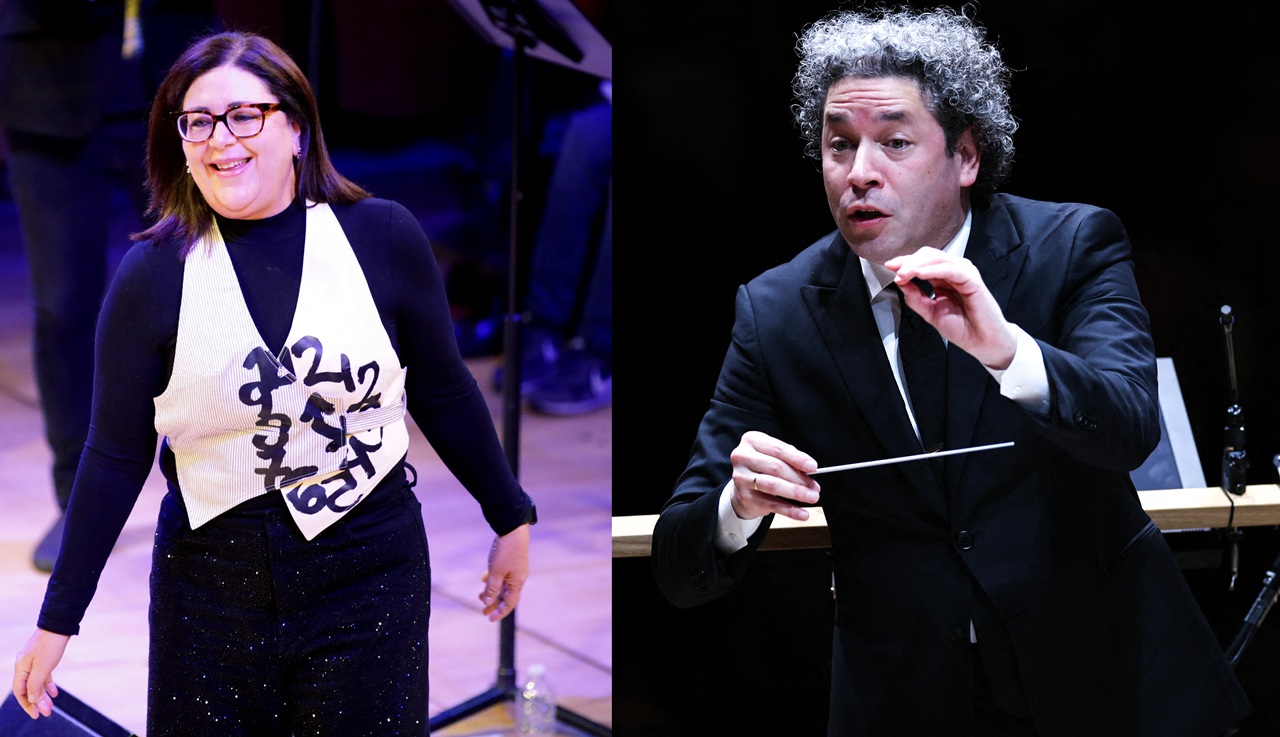

LEAVE A COMMENT: